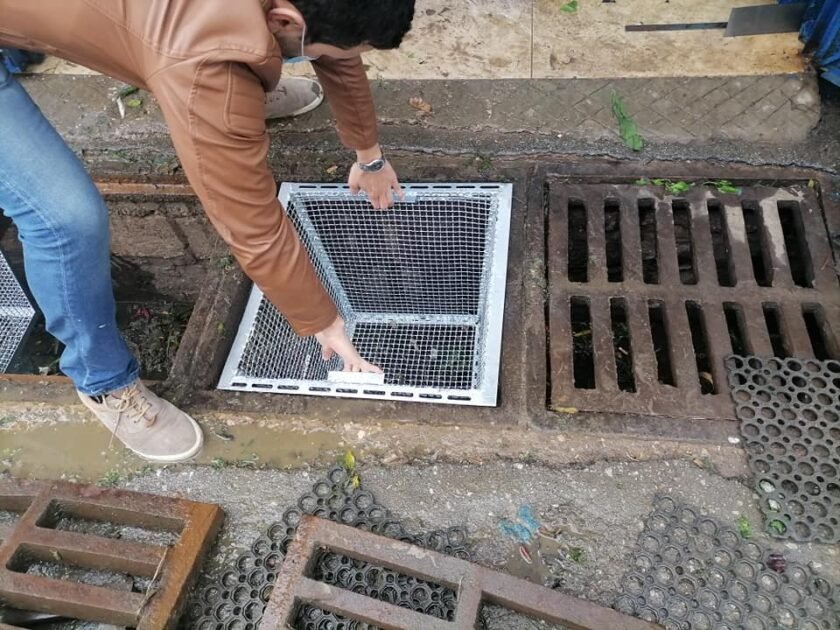The Tunisian government plans to boost the share of solar energy in its electricity mix. By 2030, Tunis wants to build an installed solar capacity of 3,800 MW, based on structural reforms. Tunisia wants to accelerate the diversification of its electricity mix.
At a recent workshop on renewable energy, Minister of Industry, Energy and Mines, Neila Nouira Gongi, unveiled a national strategy for solar energy. The Tunisian government’s objective is to develop an installed capacity of 3,800 MW of solar energy.
In 2018, Tunisia had an installed capacity of 5,476 MW. This fleet, mainly composed of thermal power plants, is a large consumer of natural gas. Given the decline in natural gas production (-36% over the period 2010-2018 according to the government), this heavy dependence on this fuel is now a serious problem for the security of electricity production. In Tunisia, 97% of electricity is produced from natural gas; the share of renewable energy has not exceeded 3%, according to the National Agency for Energy Management (ANME).
Since then, the situation has not changed much, except for the commissioning of a solar photovoltaic plant in Tozeur (10 MWp) and the increase in international gas costs due to the post-Covid-19 economic recovery. The strategy of developing 3,800 MW of solar energy should make it possible to increase the share of clean energy in the Tunisian electricity mix by 30%, according to Minister Neila Nouira Gongi.
Gas consumption should also decrease by 30%. The implementation of this policy will be conditioned by the achievement of structural reforms. The Minister plans to create a regulatory body for the electricity sector and to publish a magazine dedicated to renewable energy.
This initiative is part of the objectives of the Tunisian Solar Plan (PST). Launched following the signing of the 2015 Paris Climate Agreement, this plan aims to develop an installed capacity of 3,815 MW of solar energy by 2030. Under the TSP, the Tunisian government has already launched tenders for a total capacity of 1,100 MW, including 500 MW under concession contracts, 400 MW under authorisation and 200 MW under self-generation.
TunisianMonitorOnline




